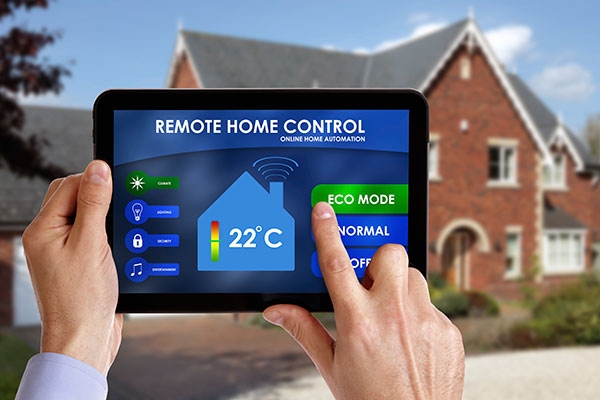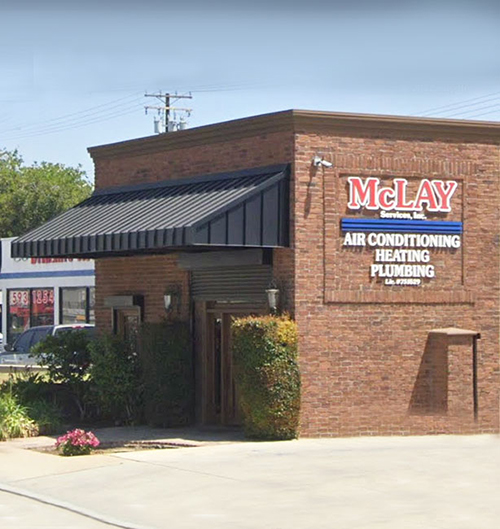Advancements in HVAC technology will continue to take place in the coming year. Engineers are constantly fine-tuning products and adjusting arrangements so systems can run smoother. These changes need to occur so manufacturers and suppliers can keep up with customer demands. Contractors will also benefit from these changes since they always need to stay on pace with new trends.
The most influential individuals in the HVAC community are planning to approve and release new technologies in 2016. A number of changes will take place, but only the most glaring modifications will have an effect on current trends.
HVAC Expected to Enhance the “Smart” Revolution
Every industry is gravitating towards smart technology, and HVAC is part of this movement. Smart thermostats and other types of remote applications are already on the market. They plan on making improvements to these devices and technologies in the very near future. They also plan on automating the customer service process for contractors and vendors.
Improving Software for Mobile Implementations
Since the majority of HVAC contractors work on the road or in the field, it only makes sense to improve mobile technology. A reduction of errors in the logistics will ensure promptness and improve business operations. Industry experts want to make improvements to the current technology used by contractors. They plan on making an all-encompassing system that is easy to use and powerful enough to rely on.
System Enhancements and Improving the Installation Process
Developers plan on making a few changes to existing systems, units, and components. Updating the current models will give them greater efficiency and a longer life-span. The new adjustments will also increase customer satisfaction, which will likely increase demand for new products. This excites the industry pros because they expect HVAC technology in 2016 to increase revenues across the board.
Changes to the installation process will take place as well. The demand for HVAC systems is on the rise due to the upsurge in new construction. To meet this demand, the industry needs to develop fast and effective ways to connect units. They will also begin to implement adaptable arrangements so contractors can quickly service commercial and residential properties.
HVAC technology in 2016 will provide more options to customers and service workers. Exciting times are ahead for anyone associated with this industry.



